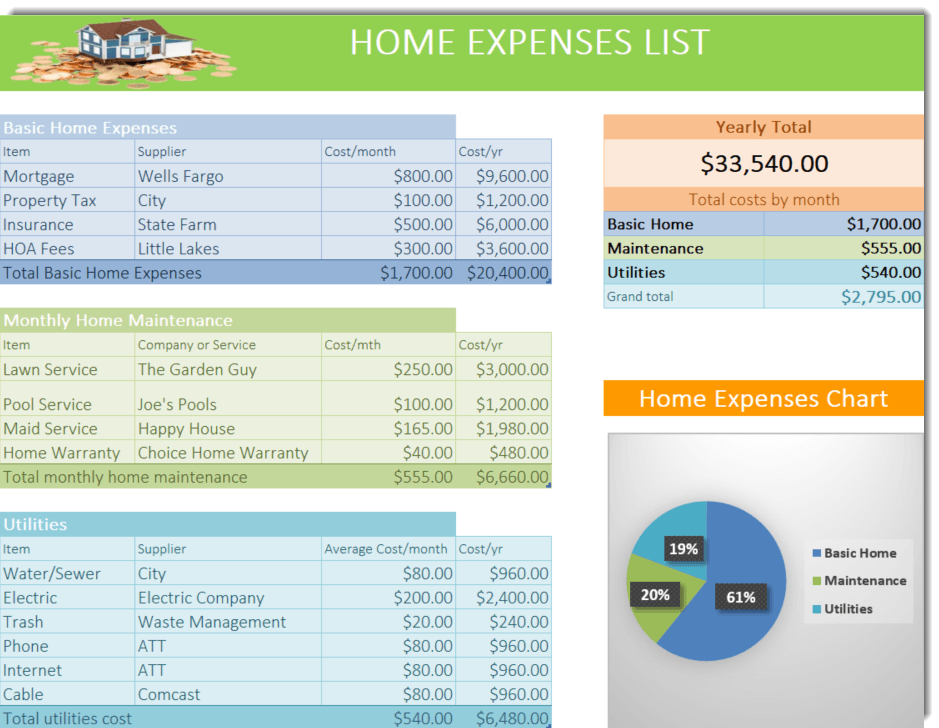

Then, at the end of the year, that client sends you a 1099-MISC form, which is simply a receipt acknowledging that their business is reporting the money they spent on your work to the IRS. If you’re running a freelance business correctly, you give each client (who’s paying you more than $600) a W-9 form with your social security number (SSN) at the start of a project. So if you earn $100,000, you’re only taking home about $60,000 after taking the standard $12,000 deduction for single taxpayers. That brings the total taxes you owe as a 1099 contract to roughly 45% of your gross income. When you’re a W-2 employee, your company subsidizes this cost for you, but when you’re self-employed, that tax burden falls on you. However, freelancers are also hit with a 15.3% self-employment tax, which includes 12.4% Social Security and 2.9% Medicare. In most states, this typically works out to about 30% of your total gross income. You’ll have to pay federal income tax to the IRS as well as state taxes. What legal protection do S Corps offer?ġ099 contractors (freelancers, sole proprietors) pay the highest taxes possible.What legal protection do freelancers have?.How much does it cost to operate an S Corp?.What is an S Corp and how does it work?.This is a long and detailed article, so here’s a preview of what you’ll find below: Most freelancers aren’t familiar with S Corps, so I’ll do my best to outline how each of these four business elements work as a 1099 contractor in contrast to an S Corp in an effort to shed some light on this unfamiliar and complicated topic. That’s why after nearly 10 years of being a 1099 contractor, I decided to form an S Corp called Matthew’s Design Co. The way clients perceived my business was hindering my future growth. Then, when I started turning down paid work for lack of availability, I found it difficult to grow my business by hiring subcontractors because clients were hiring me personally for my skills and experience. Each year was better than the last, but the more money I was making, the more I was paying in taxes.ĭuring that time, I had to deal with a few client situations that left me uncomfortably exposed from a legal perspective. In 2015, I took my freelancing career full-time. Unfortunately, that also means you’re paying the most taxes possible, have no legal protection, and are perceived as an individual, not a business. If you’re a freelancer, you’re likely operating as a 1099 independent contractor. If you’re new here, welcome! I hope these business insights help you too. ? Over 25,000 freelancers have found this article on Google.


 0 kommentar(er)
0 kommentar(er)
